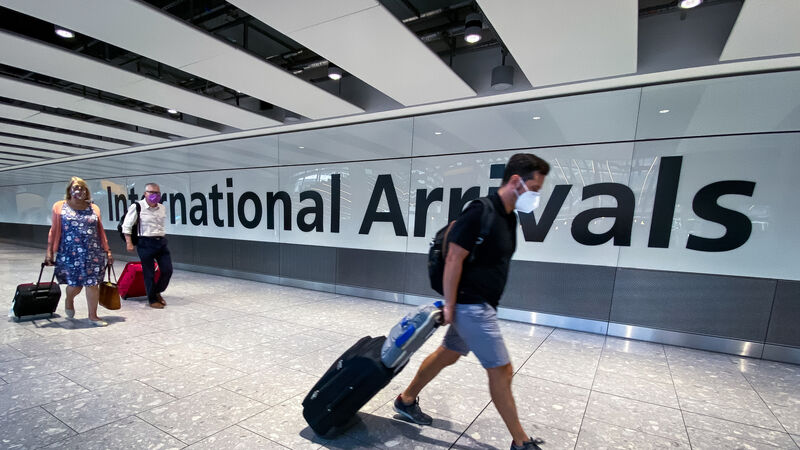Canada advises against international travel amid Omicron threat

Peter Jüni, director of Ontario's Covid-19 science advisory table, urged people to take precautions,.
Canada's government has advised its residents not to leave the country as provinces ramp up vaccinations to combat the fast-spreading Omicron variant.
Covid-19 case numbers are increasing as Canadian hospitals struggle to clear backlogs from months of postponed procedures.











